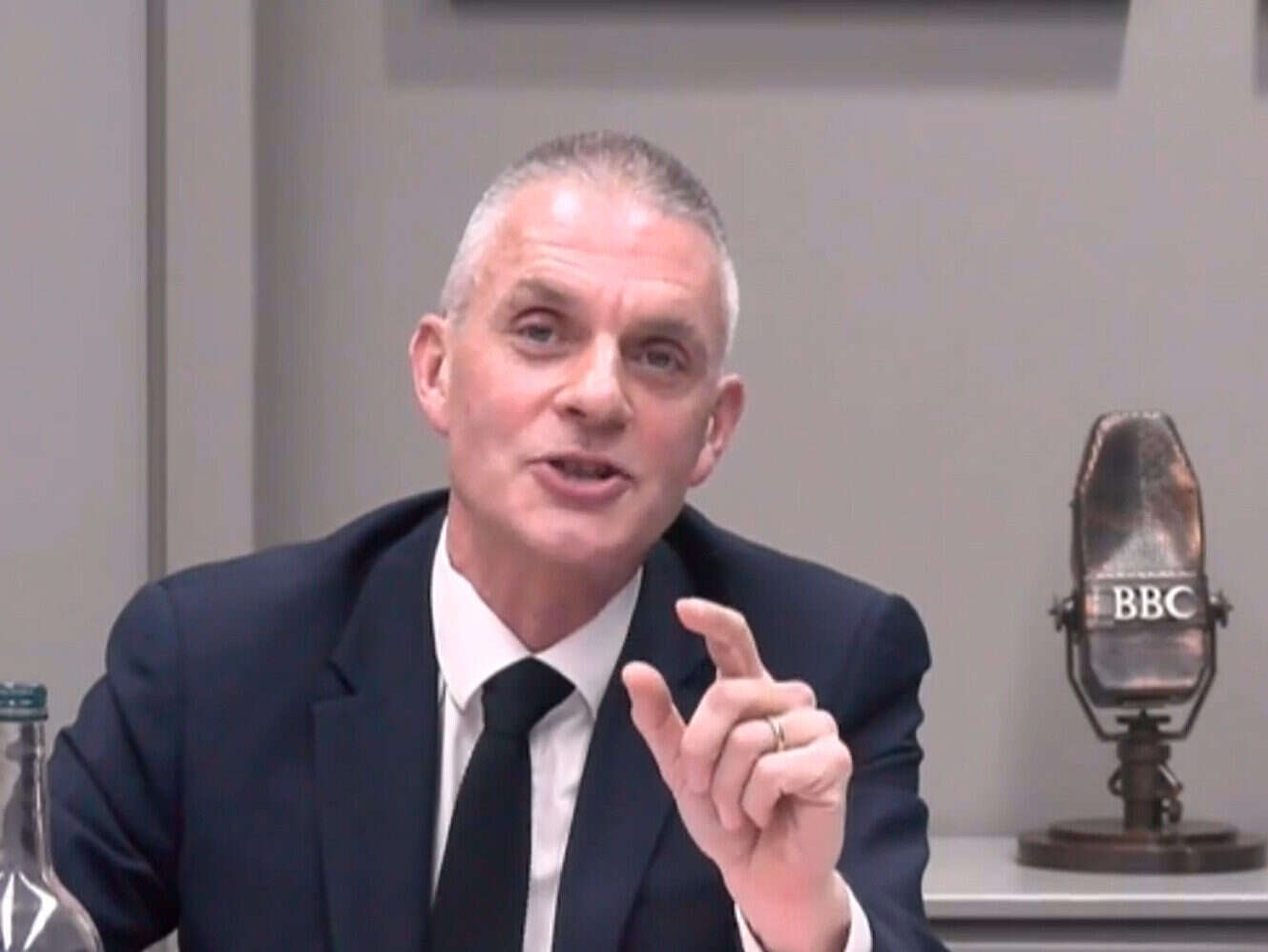
BBC director general Tim Davie has defended the corporation’s approach to impartiality and suggested greater transparency could improve public trust in its journalism.
Speaking to the House of Lords Communications and Digital Committee, Davie also defended the new chief executive of BBC News and was grilled over the corporation’s recent interview with Alan Dershowitz.
The BBC has been embroiled in several impartiality rows in recent years. Sections of Westminster, the media and the public have taken issue with high-profile editorial appointments, as well as some political interviews and broadcasts.
In its annual report last summer, the BBC admitted that it was concerned by “another sharp increase in the number of complaints received” about its content and journalism. The corporation said that, in the 2020/21 financial year, it had received a total of 462,255 complaints, up 93,878 on the previous year.
Asked on Tuesday how the BBC can rekindle some audience confidence, Davie said: “I come from a strange point of view that actually, if everyone sat in the editorial meeting in the BBC, or got closer to the BBC, they would be impressed by the quality of debate – the thinking that goes into… impartiality.
“I think we’ve got to think – and we’re debating internally – how we can bring the audience closer to that so they can see that.”
Davie acknowledged that political pressure is one reason behind the BBC’s push for impartiality – but he said that the drive stems mostly from a commitment to viewers.
“The reason we focused on impartiality was not wholly – not largely – because of political noise. It was because of our licence fee payers, and ensuring we are relevant to everyone paying their licence fee.”
David Jordan, director of editorial policy and standards at the BBC, told the peers that by the beginning of December, 11,000 employees had gone through new impartiality training, while the BBC was working on an “updating and refreshing” its whistleblowing policies.
Davie was also challenged by the committee over the BBC’s December interview with Alan Dershowitz. The BBC admitted that the interview – with a former associate of Ghislaine Maxwell following her guilty verdict – had breached its editorial standards.
Davie was asked whether the corporation’s centralised structure was to blame. He said: “This was simply about the amount of due diligence that was done by the planner and the knowledge level of the person putting the person on air. It wasn’t about a lack of bodies… We don’t make many mistakes of that nature…
“If we make a mistake, we’ll say very quickly. I think that system still works, regardless of any central story team.”
The committee chair, Lord Gilbert of Panteg, challenged Davie on the recent appointment of Deborah Turness as chief executive of BBC News and Current Affairs. She joins from ITN, the production company behind Channel 4 News and ITV News.
“When I’ve had private conversations with people in various editorial policy roles [at the BBC]… they all are very critical of Channel 4 News,” Lord Gilbert said. “They all say Channel 4 News is not something that would be tolerated on the BBC…
“Your new news CEO has been editorially responsible for Channel 4 News. Do you share that view of Channel 4 News?”
Davie responded that he would “delicately sidestep any evaluation of Channel 4 News because I think that’s for others to make the assessment…
“If I had any doubt at all that a director of news candidate could not purposefully and actively deploy with deep understanding our impartiality brief, I wouldn’t have hired them. And I think Deborah Turness will be outstanding at delivering on this brief.”
Davie began his tenure as director-general in September 2020 by identifying as his first priority renewing the BBC’s “commitment to impartiality”.
Picture: Parliament TV
Email pged@pressgazette.co.uk to point out mistakes, provide story tips or send in a letter for publication on our "Letters Page" blog
